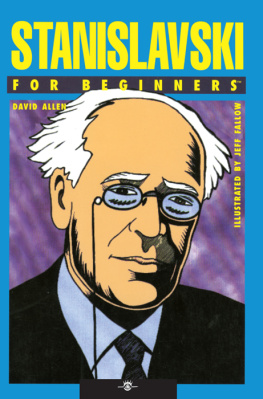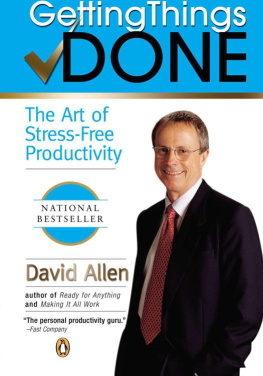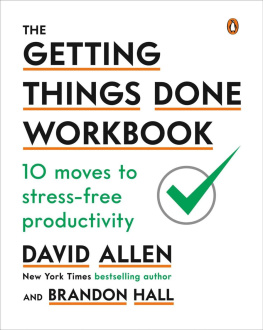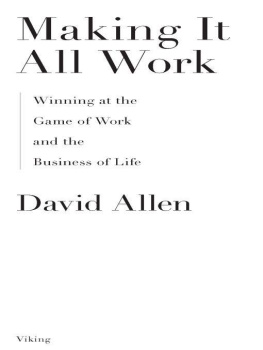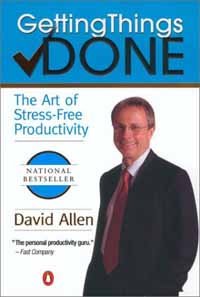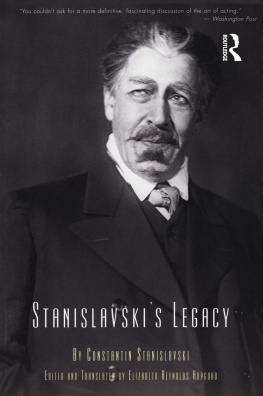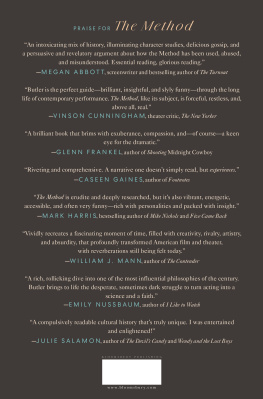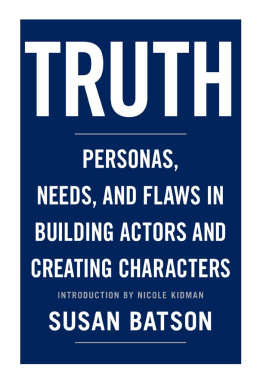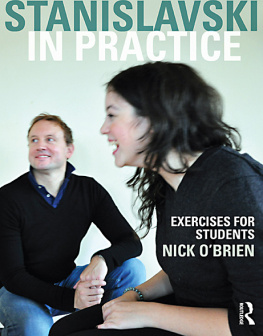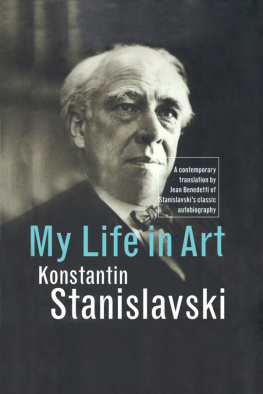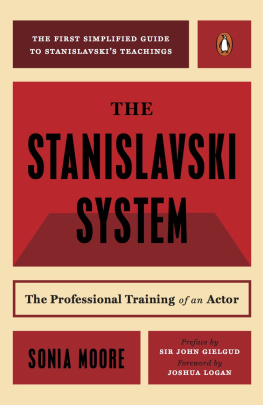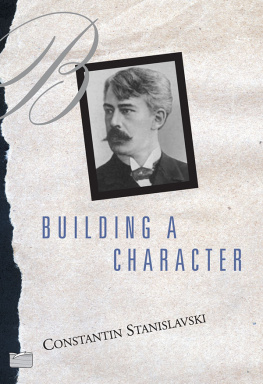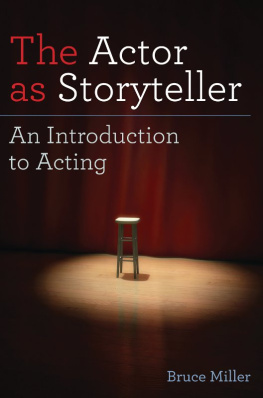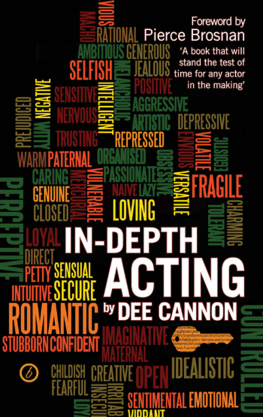
For Beginners LLC
155 Main Street, Suite 211
Danbury, CT 06810 USA
www.forbeginnersbooks.com
Text Copyright 1999 David Allen
Illustrations Copyright 1999 Jeff Fallow
Cover Design by Paul Gordon
Book Design by Emma Byrne
This book is sold subject to the condition that it shall not, by way of trade or otherwise, be lent, re-sold, hired out, or otherwise circulated without the publisher's prior consent in any form of binding or cover other than that in which it is published and without a similar condition being imposed on the subsequent purchaser.
All rights reserved. No part of this publication may be reproduced, stored in a retrieval system, or transmitted in any form or by any means, electronic, mechanical, photocopying, recording, or otherwise, without prior permission of the publisher.
A For Beginners Documentary Comic Book, 2015
Originally published by Writers and Readers, Inc.
Copyright 1999
Cataloging-in-Publication information is available from the Library of Congress.
ISBN 978-1-939994-35-6
Manufactured in the United States of America
EBM
For Beginners and Beginners Documentary Comic Books are published by For Beginners LLC.
First Edition
10 9 8 7 6 5 4 3 2 1
Contents:
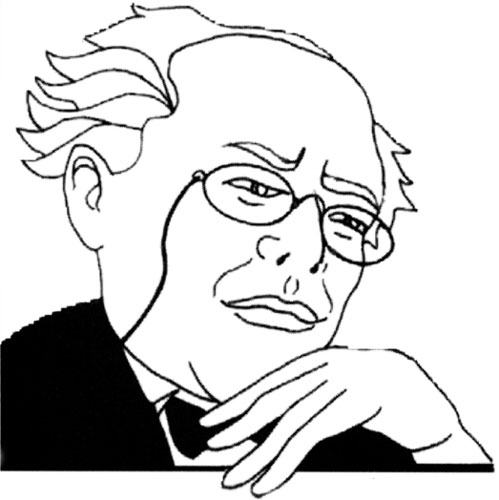
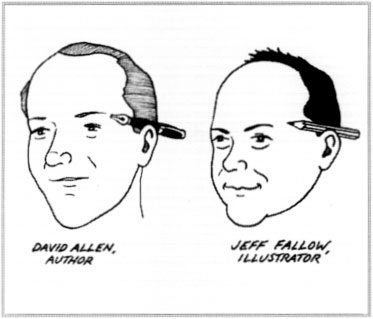
David Allen teaches drama at the University of Wolverhampton. He has contributed to a variety of publications such as the INTERNATIONAL DICTIONARY OF THE THEATRE and NEW THEATRE QUARTERLY. He is the author of PERFORMING CHEKHOV (published by Routledge).
Jeff Fallow is a freelance illustrator and graphic designer living in Fife. He is also author and illustrator of the forthcoming Scotland for Beginners, andWales for Beginnersand a political cartoonist, with work published in CND TODAY and SCOTS INDEPENDENT.
ACT I: Youth
Stanislavski revolutionised our ideas about acting.
His discoveries still form the basis of actor training in the Western theatre. But they have often been misinterpreted, and some important aspects of his work remain little known.
The Stanislavski system emerged from his own practice and struggles as an actor and a director. He never saw it as a rigid set of rules for an actor to follow; indeed, his ideas and methods were continually changing and developing. He wrote,
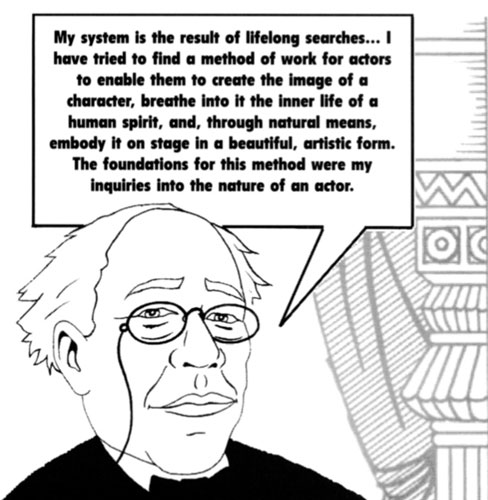
Stanislavski's lifelong searches into the nature of acting began when he was some seven years old and he was playing Winter in a family entertainment about the Four Seasons. The boy felt acutely self-conscious: he did not know where to look, or what he had to do.
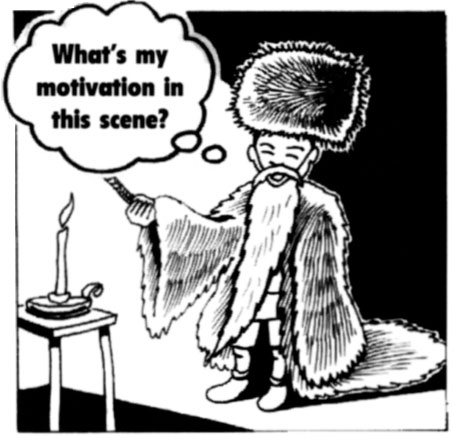
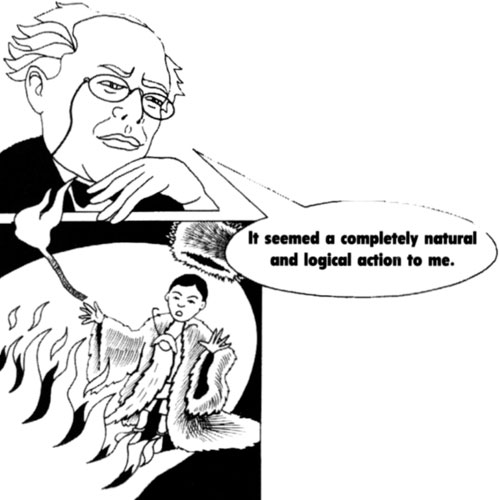
He had been given a stick and told to mime putting it into the flame of a candle. Remember, it is only make-believe, the others told him. Stanislavski decided to do it for real.
Of course, it started a real fire...
Looking back, Stanislavski said that the experience taught him the importance of having a purpose and a meaning in all your actions on the stage, and how awkward you feel when these are missing.
But it can surely only have been with the benefit of hindsight that Stanislavski could see so much significance in this episode. Either that or he was a very bright seven-year-old...
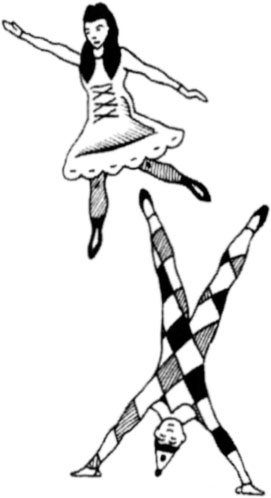
Stanislavski was born in Moscow, on January 5, 1863, the son of a rich textile manufacturer. He was baptised Konstantin Sergeyevich Alekseyev; Stanislavski was a stage-name he adopted later. The theatre, the circus and the opera fascinated him from an early age. At home, he created his own little circus troupe, calling it Konstanzo Alekseyev's Circus. Brothers, sisters and friends performed as acrobats, clowns, and even horses. Stanislavski was the director, and grabbed the best parts. His eldest brother, Vladimir, who played the music, did not take it seriously. In the middle of a performance, he would stop everything, and lie on the floor.
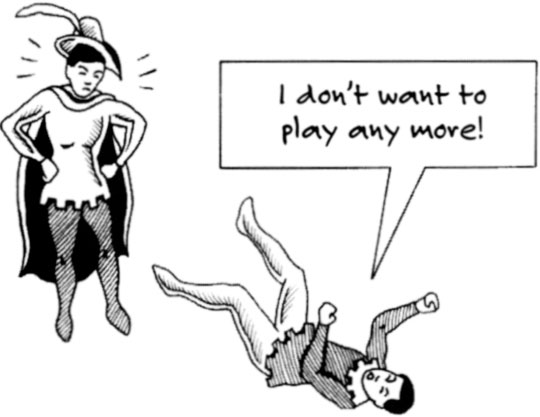
The performance was spoiled; all its reality was lost. And that was the most important thing for us, Stanislavski said.
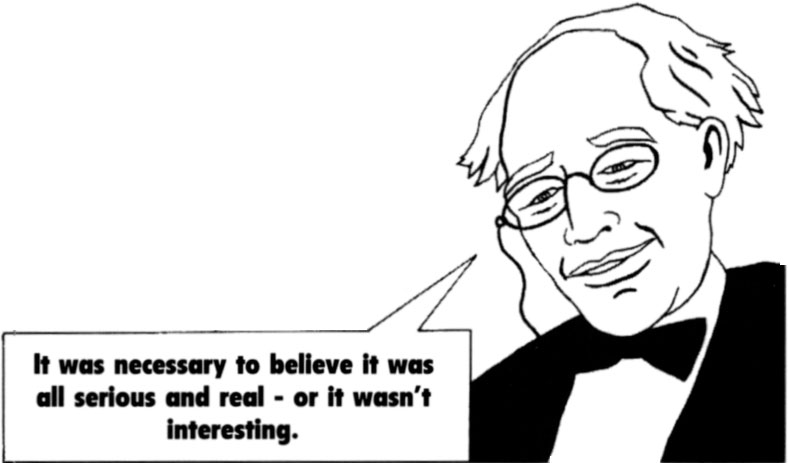
He gave up his circus, and started a puppet theatre, complete with trap door and stage lights. He recreated dramatic scenes and spectacular effects from plays he had seen, as realistically as the cardboard scenery would allow. In one production the fire was so real, the scenery burned down... This was becoming a habit! The love of creating realistic and dramatic stage effects never quite left Stanislavski...
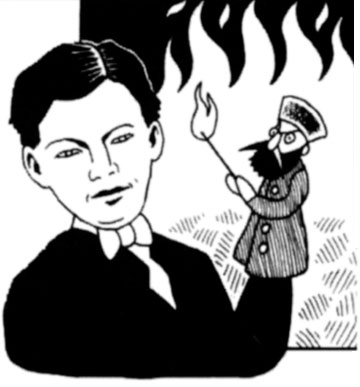
When Stanislavski was 14, his father turned a wing of their country house into a theatre. The first production was an evening of one-act plays. For his part in a piece called A Cup of Tea, Stanislavski simply copied the work of an actor he admired - reproducing his moves and gestures and even his voice. The day of the performance arrived.
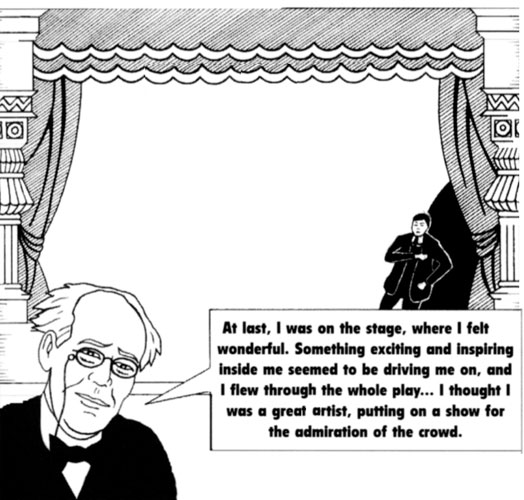
Unfortunately, the audience didn't agree. He acted at such speed that no one understood a word he said ...
Stanislavski's family formed its own amateur theatre group, the Alekseyev Circle. Over the next few years, he played many roles, mostly in vaudevilles and skits and light operettas. He kept a journal about his performances and was relentlessly self-critical. It seemed as if the harder he tried, the more the audience criticised him for overacting.
He concluded that excitement was not enough - he must learn the value of restraint and control, what he called a feeling of true measure.
In 1881, he spent the summer preparing two one-act comedies, trying to find this feeling of true measure. Visitors, invited to watch rehearsals, fell asleep from boredom.
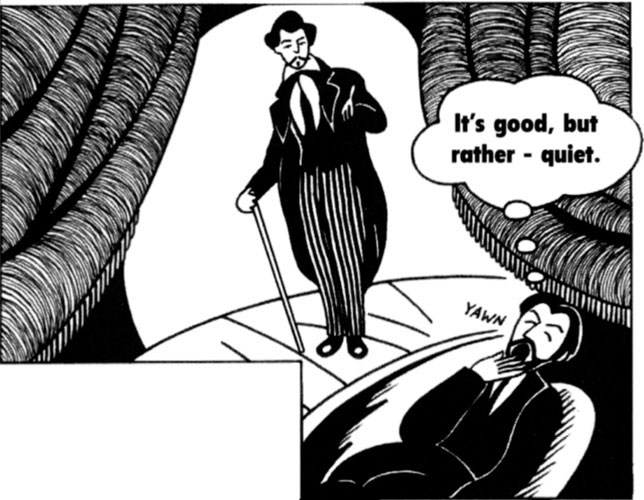
So, the actors spoke louder. Then spectators complained they were shouting. One visitor said that speed was important in a light comedy. Stanislavski decided to cut the running time.

Next page
